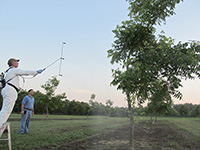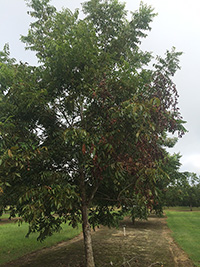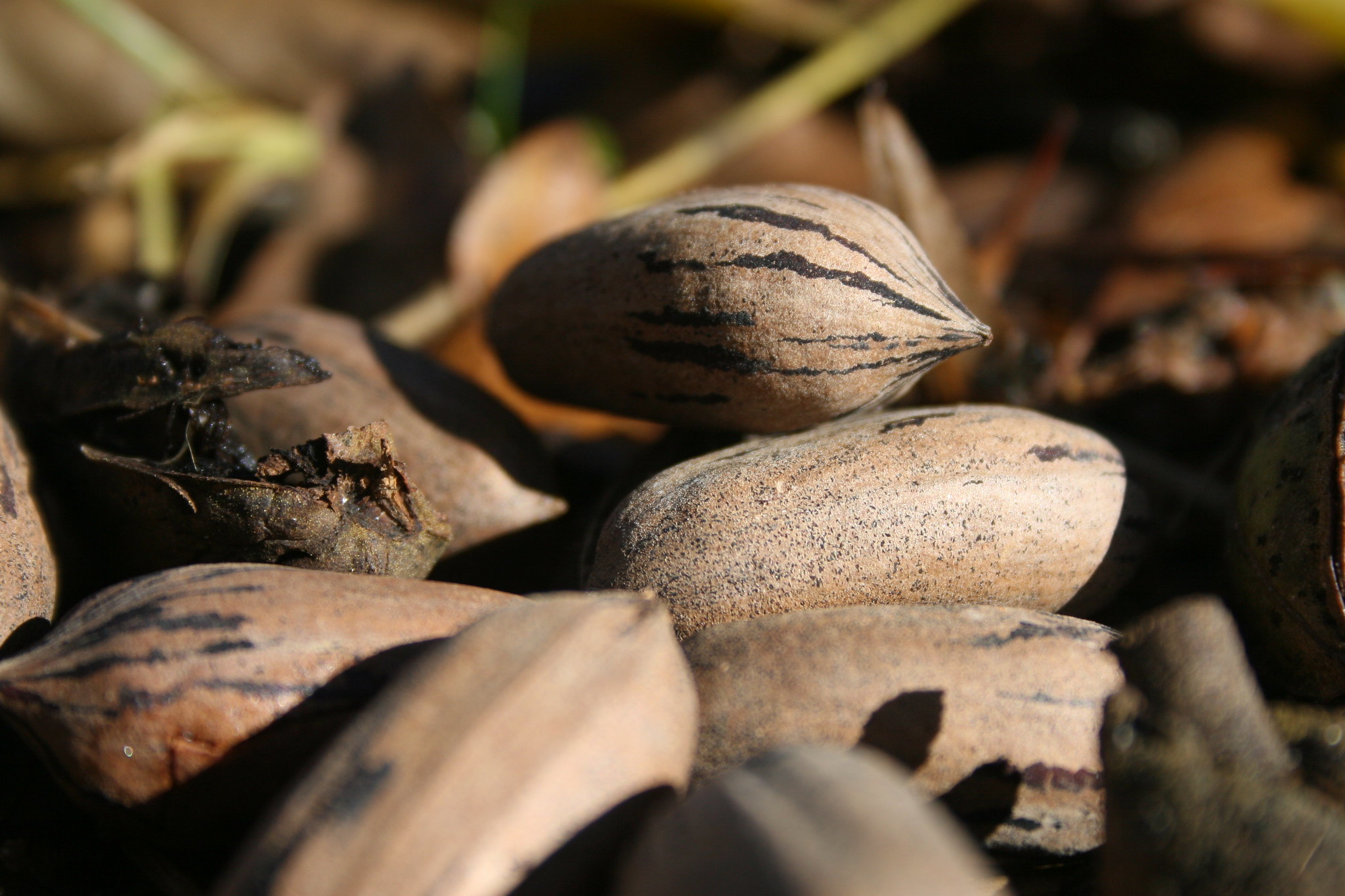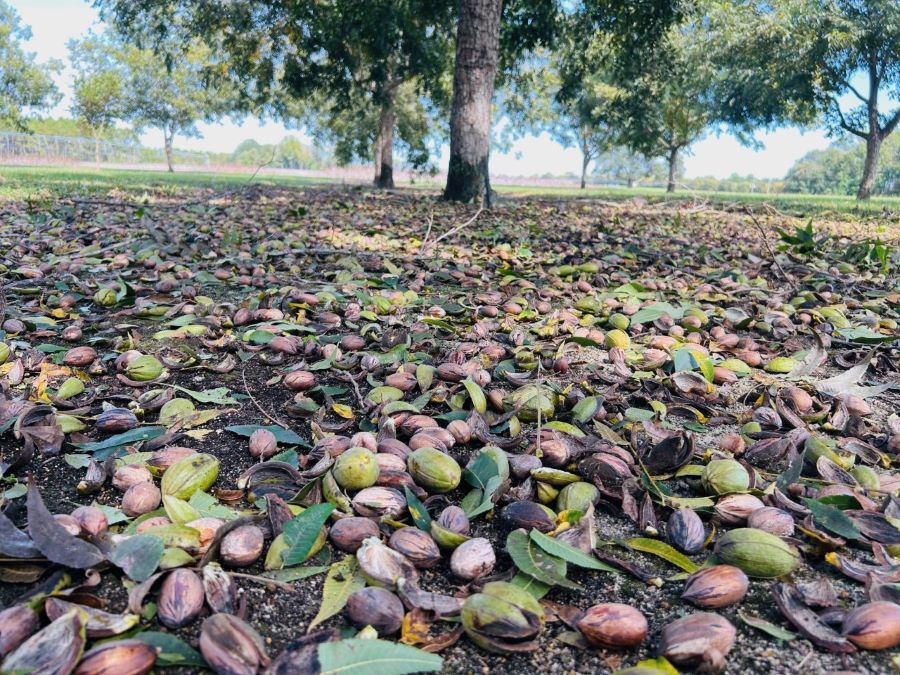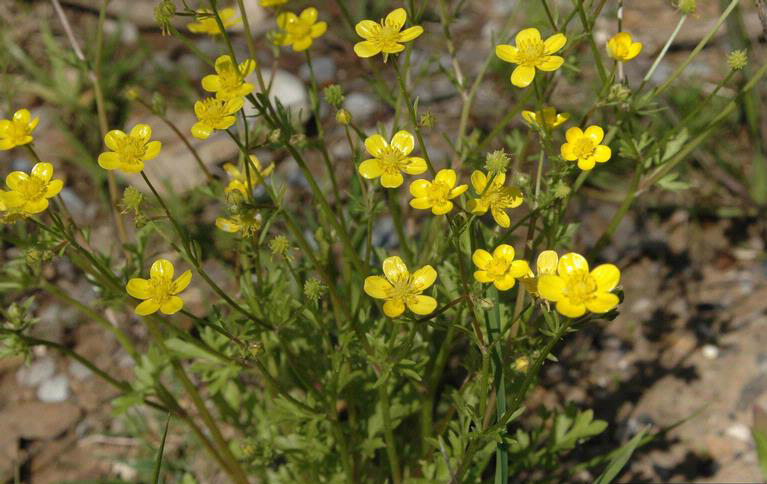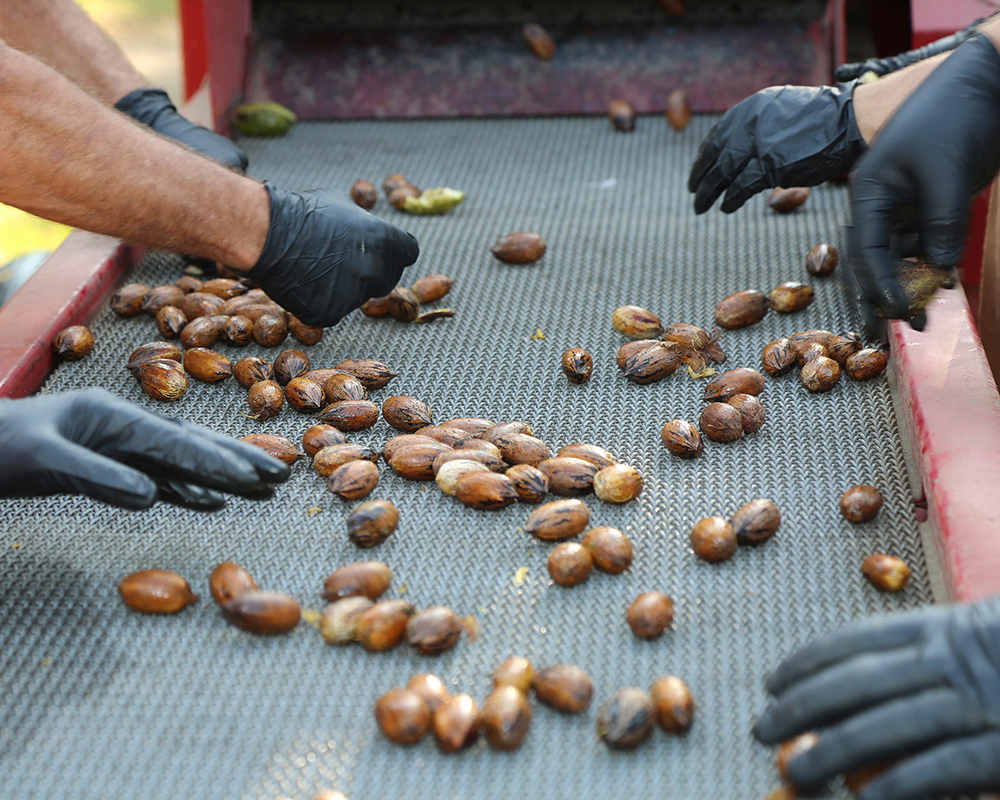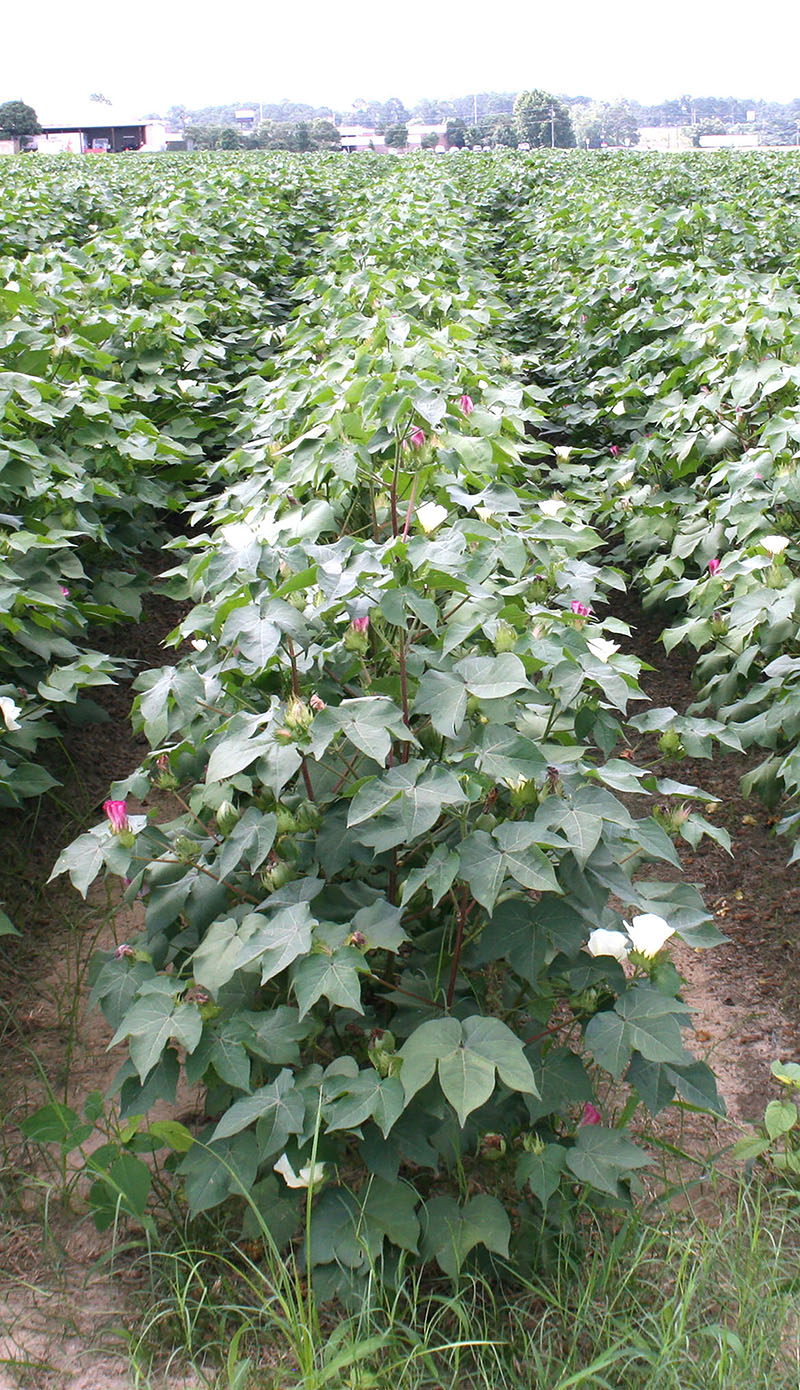Dicamba and 2,4-D herbicides, sprayed directly on trees at full rates, kill the plant material they touch, but they don’t travel through the tree or linger from year to year, according to a newly released University of Georgia Cooperative Extension pecan study. The study also found that drift from the herbicides does not hurt the trees.
UGA Extension pecan specialist Lenny Wells and UGA Extension weed scientist Eric Prostko researched the effects of low and high concentrations of dicamba and 2,4-D herbicides on pecan trees at the university’s Ponder Farm in Tifton, Georgia. They studied 5-, 8- and 9-year-old ‘Desirable’ pecan trees. No data was collected on older trees.
The application of high concentrations of herbicides injured the specific parts of the trees where the herbicides were applied. The team was surprised that the herbicides did not move to other parts of the tree.
“At higher concentrations, whatever tissue the herbicide touched, it killed. But we also expected to see translocation of those materials in the tree, meaning if you spray it on one part of the tree, the material would move to another part of the tree. But we did not see that,” Wells said. “There could still be problems, but we feel a little bit better about it than we did initially.”
The team also studied the effects of low-concentration applications and whether any of the dicamba or 2,4-D herbicides drifted onto neighboring pecan trees.
Applying lower concentrations of herbicides, particularly given minimal drift, resulted in “very little damage,” which also surprised Wells and Prostko.
“I went into this research project thinking, ‘If I spray dicamba directly onto a pecan tree, I’m going to kill it.’ That didn’t happen,” Prostko said.
During the simulated drift situations, Wells and Prostko sprayed the herbicides directly onto the pecan trees for approximately 10 seconds. They also sprayed into the wind so the herbicides would drift onto the trees.
“In Georgia, there’s a good chance you will have peanuts or cotton next to a pecan orchard, so the chances of off-target movement could be great, depending on what else is going on with the wind and the nozzles and everything else we talk about with off-target movement,” Prostko said. “This research alleviated some of the fears we had about dicamba’s or 2,4-D’s impact on pecan trees.”
While the research encouraged Wells and Prostko, they still warn Georgia farmers to be wary of their surroundings when applying these herbicides.
UGA Extension has made a concentrated effort to educate Georgia growers about the dangers of herbicide drift since 2014. One goal is to make sure that producers are aware of the impact certain herbicides may have on neighboring fields, gardens and other plants.
Wells and Prostko collaborated on this project because there was no research data available for UGA Extension agents to distribute to pecan farmers. They wanted to determine how sensitive pecan trees were to these specific herbicides.
The scientists have watched the trees since 2013 and have not observed any long-term effects.
“Probably one of the biggest concerns that pecan producers have relates to the effects of dicamba the year after they get it in their trees,” Prostko said. “We’re doing this work to make sure there are no long-term effects.”
For more information about Georgia pecans, visit Wells’ blog at site.extension.uga.edu/pecan/.

